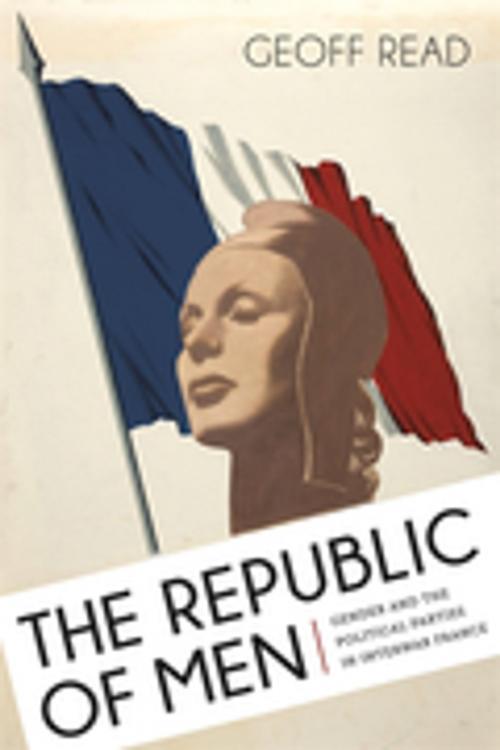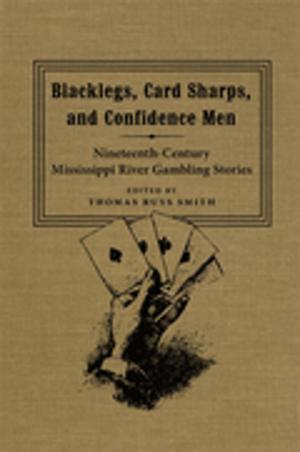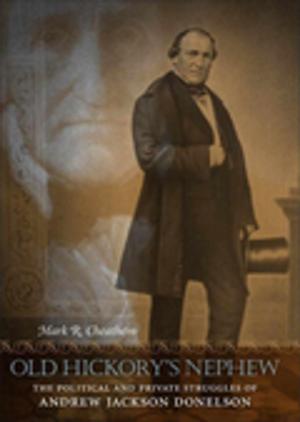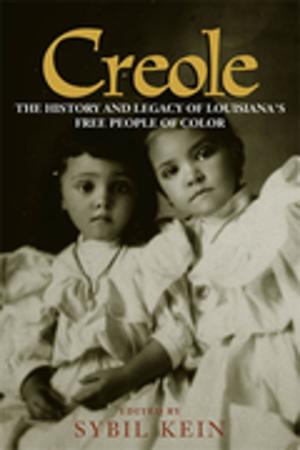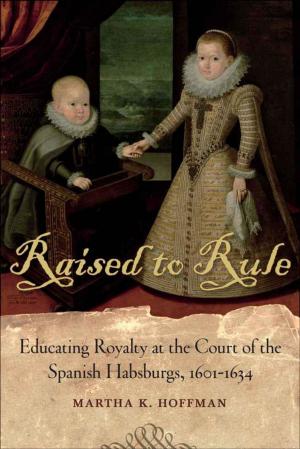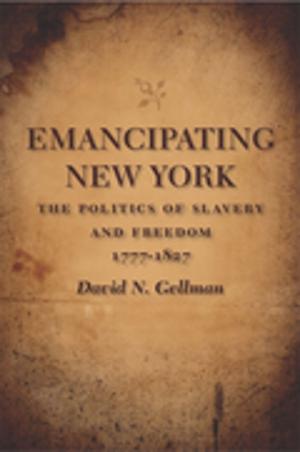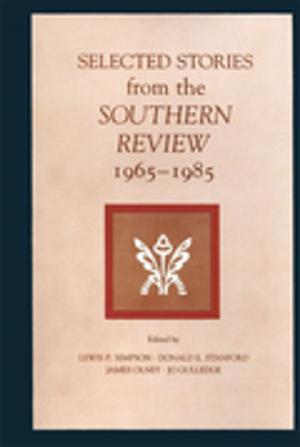The Republic of Men
Gender and the Political Parties in Interwar France
Nonfiction, History, Western Europe, France, Social & Cultural Studies, Social Science, Gender Studies| Author: | Geoff Read | ISBN: | 9780807155233 |
| Publisher: | LSU Press | Publication: | May 12, 2014 |
| Imprint: | LSU Press | Language: | English |
| Author: | Geoff Read |
| ISBN: | 9780807155233 |
| Publisher: | LSU Press |
| Publication: | May 12, 2014 |
| Imprint: | LSU Press |
| Language: | English |
In The Republic of Men, Geoff Read explores the intersection of gender bias and the eight most important political parties in interwar France, breaking new scholarly ground in profound ways. The first to compare gender discourse across the political spectrum in a national context and trace the origins of the fascist "new man" in other political traditions, Read evaluates the impact of gender discourse upon policy during a pivotal period in French history.
Skillfully exploring how differing political traditions -- from left to right -- influenced and reacted to each other, Read shows that regardless of the party, predominant notions of gender manifested themselves in misogyny and double standards when it came to women's emancipation.
Despite the hostility of male politicians and party members, and despite women's exclusion from both parliament and the vote, Read argues that women were nonetheless crucial to politics and visibly prominent within almost every political party in interwar France. Read explains this seeming contradiction by demonstrating the existence of a conservative trend in gender politics that by the mid-1930s had enveloped even the Communist Party.
Through his masterful analysis, Read closes significant gaps in the existing historiography and presents a truly revisionist assessment of early-twentieth-century French politics.
In The Republic of Men, Geoff Read explores the intersection of gender bias and the eight most important political parties in interwar France, breaking new scholarly ground in profound ways. The first to compare gender discourse across the political spectrum in a national context and trace the origins of the fascist "new man" in other political traditions, Read evaluates the impact of gender discourse upon policy during a pivotal period in French history.
Skillfully exploring how differing political traditions -- from left to right -- influenced and reacted to each other, Read shows that regardless of the party, predominant notions of gender manifested themselves in misogyny and double standards when it came to women's emancipation.
Despite the hostility of male politicians and party members, and despite women's exclusion from both parliament and the vote, Read argues that women were nonetheless crucial to politics and visibly prominent within almost every political party in interwar France. Read explains this seeming contradiction by demonstrating the existence of a conservative trend in gender politics that by the mid-1930s had enveloped even the Communist Party.
Through his masterful analysis, Read closes significant gaps in the existing historiography and presents a truly revisionist assessment of early-twentieth-century French politics.
